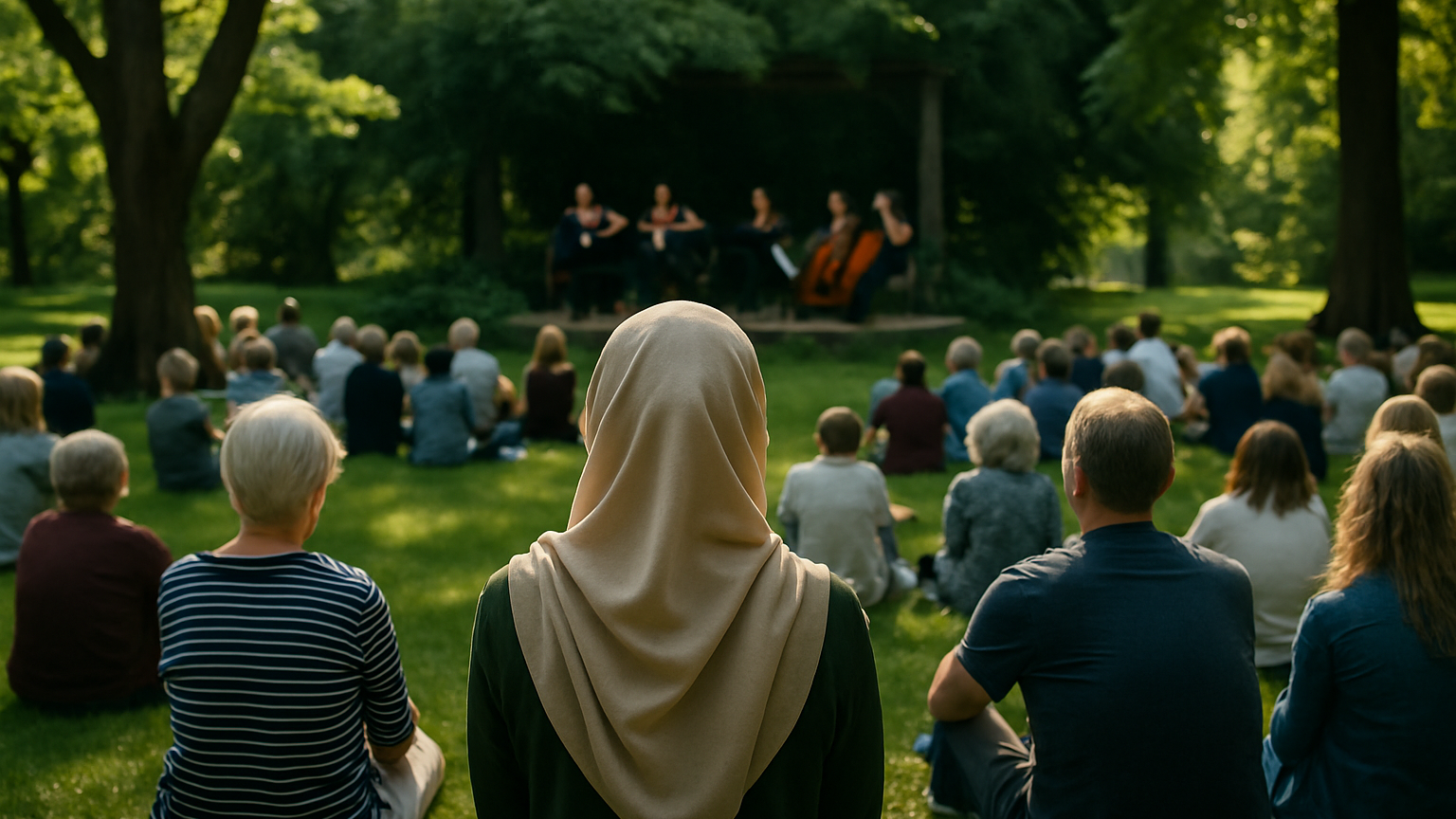Finland has a deep-rooted connection to silence, nature, and personal space. This cultural bond shapes not only daily life but also the way Finns experience music and community. That may be why small-town cultural events across Finland feel just as meaningful as grand festivals in the cities. Especially in summer, you'll find music weeks, local concerts, and cultural gatherings that quietly anchor the rhythm of the year for many.
One such event is a yearly music festival in the Southwest Häme region. Though modest in size, it has evolved into something much more than a series of performances. Families, friends, and individuals travel to attend—not for headlining acts, but for the atmosphere, the sense of togetherness, and the quiet emotional resonance the event offers.
Music That Honors Silence
At a glance, the festival may seem simple: concerts take place in parks, churches, or school auditoriums. Some performers are international guests, others are local students or teachers. There are no massive stages, no flashing lights, no booming advertising. It’s all profoundly Finnish—quiet, measured, and meticulously organized.
The purpose isn’t to entertain. It’s to offer a pause. A moment to gather, to reflect, to listen. This form of culture doesn’t shout. And perhaps for that reason, it stays with you longer.
Music as a Way to Participate
Although I personally refrain from listening to music in my daily life for religious reasons, I recognize how deeply it speaks to others. At the Southwest Häme music days, audiences don't chat, don’t film with phones—they simply listen. Often in total silence. That choice says a lot. In a noisy world that often confuses volume with meaning, choosing quiet can be a powerful form of respect.
In the audience, you'll find people of all ages: elderly couples, young adults, families with small children. Someone sips coffee from a thermos, another brings a book. Someone just sits, eyes closed. Regardless of the music, the calm sense of unity is unmistakably Finnish.
Culture Without Hype
Many Finnish festivals are organized in collaboration with schools, conservatories, and cultural institutions. In Southwest Häme, music academies, baroque ensembles, and visiting artists come together—not to turn a profit, but to enrich the cultural fabric of the region.
I may not see music as central to my own life, but I respect that for many Finns, it’s a way to connect, to reflect, to simply be. Music here isn’t just a form of art—it’s a quiet gesture of belonging.
Quiet Action Over Loud Statements
Sometimes, the program reflects global issues, but subtly. Ticket revenue might be donated to humanitarian efforts, for example. There's no flashy campaign or public boasting—it’s just quietly built into the organizers' values. In Finland, silence can be a statement of principle.
This too is part of Finnish culture: don’t proclaim—just do.
Honesty and Simplicity
There are no market stalls, no loud side shows. The mood is more like a gentle evening walk than a spectacle. You might hear chamber music in the distance while people sit on the grass or lean back on park benches. Some just pass by for a moment. The goal isn’t to dazzle—it’s to be present.
And that’s what sets Finnish cultural events apart from many European festivals: here, less is more. People don’t come to be entertained. They come to feel.
A Quiet Part of National Identity
These events aren’t only about music. They reflect something deeper about Finnish life: peace, authenticity, locality. They are moments of voluntary togetherness. Southwest Häme’s music days are just one example—similar experiences unfold on islands, in small villages, and towns across the country.
All of them share a quiet core: to listen without noise, to respect others’ space, to build something shared.
As a Muslim woman, I engage with music cautiously. But I also want to understand and honor the culture I live in. Finnish festivals are not just entertainment—they are moments of connection where silence and reverence often say more than words ever could.









